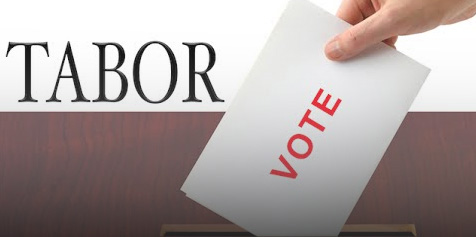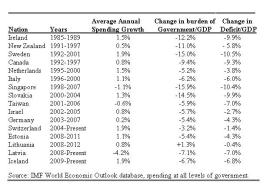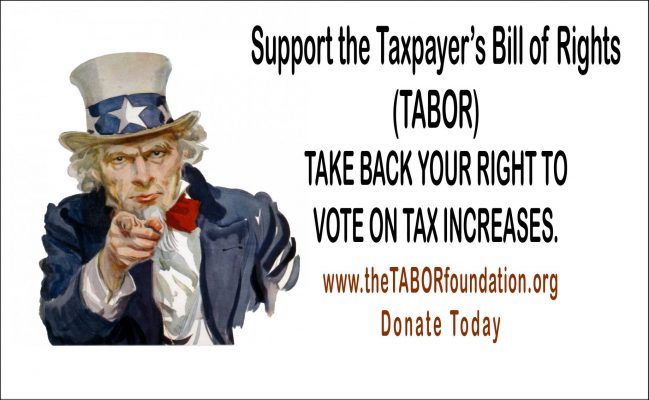In November, Coloradans will likely be voting on a scheme to raise the state sales tax to support state and local transportation projects.

Unfortunately, raising sales taxes would hit all the wrong people, and provide a particularly unstable revenue stream to fund this infrastructure.
It’s no secret that Colorado’s roads and bridges are a mess. They have failed to keep pace with the state’s growth, even as maintenance has fallen behind.
You either end your weekend trip to the mountains on Sunday morning or you pack a picnic lunch for the parking lot home. Daily commutes on I-25 come to a standstill between Colorado Springs and Castle Rock. And driving around Denver means a permanent sinking fund for front-end alignments.
We’re in this state of affairs because the Colorado legislature has consistently failed to spend money on roads and bridges instead of other pet projects. This year, the legislature passed Senate Bill 1 in an attempt to address the problem, but almost everyone agrees that the paltry spending past the first two years is an inadequate solution.
In response, the Metro Denver Chamber of Commerce and the Colorado Contractors Association have proposed raising the state sales tax from 2.90 percent to 3.52 percent, and authorizing up to $6 billion in bonds. The additional revenue would be divided among state highways, local governments, and multi-modal (transit) projects. Continue reading







